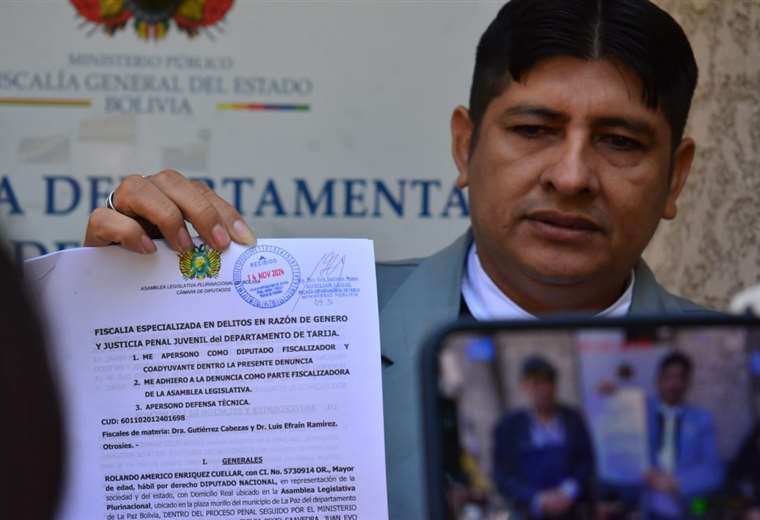The Supreme Court of Justice of the Nation is preparing to make four crucial decisions that will define the judicial future of the former president Cristina Kirchner (CFK). These decisions are framed in a context of renovations within the highest court and could have a significant impact on Argentine politics.
The defense of Cristina Kirchner will seek to apply the “Menem doctrine” to delay judicial times and avoid a final conviction. The first case that the Supreme Court must resolve is the confirmation of the conviction for the public works in Santa Cruz.
The Federal Court of Criminal Cassation ratified the sentence of six years in prison and perpetual disqualification from holding public office for the crime of fraudulent administration. CFK’s defense, headed by Alberto Beraldi, has already announced that it will appeal this ruling before the Supreme Court.
This sentence is the most important for the former president, since, if confirmed, it would be final and could be executed, preventing her from holding public office and possibly taking her to house arrest due to her age. The second pending case is that of the future dollar, in which CFK was dismissed in April 2021 by the Federal Court of Criminal Cassation.

This ruling was appealed by the Prosecutor’s Office and since June 2021 it has been in the hands of the Supreme Court. In this case, the governor of the province of Buenos Aires, Axel Kicillof, is also accused. The Court must decide whether to confirm the dismissal or send the accused to an oral trial.
The third case is that of the memorandum of understanding with Iran, related to the attack on the AMIA. The oral courts that had the file dismissed CFK, but in September 2023, the Court of Cassation revoked this ruling and ordered that the oral trial be held.

Menem Doctrine
The defense strategy of Cristina Kirchner It is based on the “Menem doctrine”, which consists of delaying judicial times to avoid a final conviction. Former President Carlos Menem used this strategy in several of his judicial cases, causing years to pass without his cases being resolved.
In one of the most emblematic cases, Menem was sentenced in 2015 to four years and six months in prison for paying bonuses to former officials of his government. The conviction was confirmed by Cassation and in December 2018 it reached the Supreme Court, where it has not yet been resolved.
follow us on Google News and on our channel instagramto continue enjoying the latest news and our best content.

















